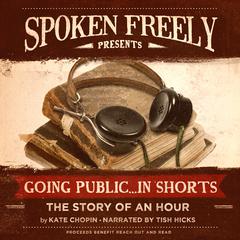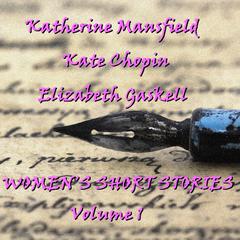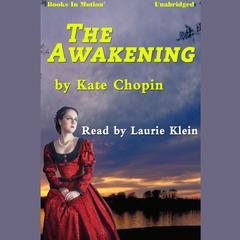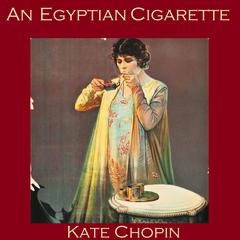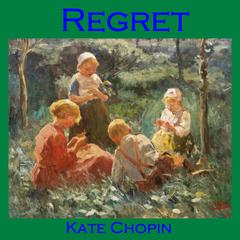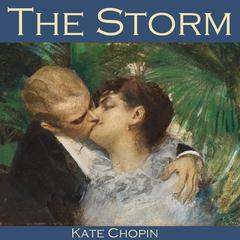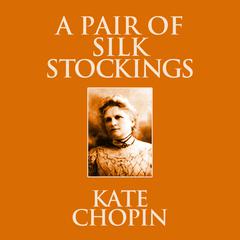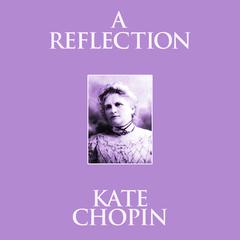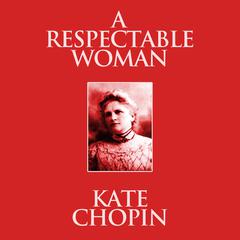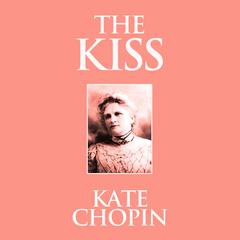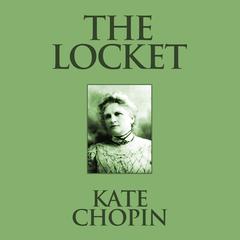 Play Audiobook Sample
Play Audiobook Sample
Feminist Literary Classics - Volume I: Mrs. Dalloway - The Yellow Wallpaper - The Awakening Audiobook
 Play Audiobook Sample
Play Audiobook Sample
Quick Stats About this Audiobook
Total Audiobook Chapters:
Longest Chapter Length:
Shortest Chapter Length:
Average Chapter Length:
Audiobooks by this Author:
Publisher Description
Presented here are three of the most important feminist novels ever written: Mrs. Dalloway by Virginia Woolf, The Yellow Wallpaper by Charlotte Perkins Gilman and The Awakening by Kate Chopin. Each of these works is an early, groundbreaking piece of fiction from some of literature's finest female writers as they explore life, love and the struggle of women to find their voices in a time where they were too often silenced and suppressed. Mrs. Dalloway details a day in the life of Clarissa Dalloway, a British socialite in post-First World War England. Looping backwards and forwards in time, the reader is given a glimpse inside the mind of Mrs. Dalloway as she goes about her day. Mrs. Dalloway was included on Time Magazine's list of the 100 best English-language novels ever written. The Yellow Wallpaper is a short story of extraordinary power, exploring issues of mental health, the role of women in society and the oppressive nature of the patriarchy. The Awakening is a stunningly beautiful novel set in New Orleans that tells the tale of Edna Pontellier, a young housewife attempting to break free from her loveless marriage and find a life of her own. All three books are presented here in their original and unabridged format.
Download and start listening now!
Feminist Literary Classics - Volume I Listener Reviews
Be the first to write a review about this audiobook!
About the Authors
Kate Chopin (1851–1904) was born in St. Louis. After marrying, she moved to Louisiana, where she raised six children. Chopin earned acclaim for her finely crafted short stories about the Creole and Cajun people of Louisiana. But her novel, The Awakening, was condemned for its controversial themes, which foreshadowed later feminist literature.
Virginia Woolf (1882–1941), one of the major literary figures of the twentieth century, transformed the art of the novel. She was a pioneer in the use of stream of consciousness as a narrative device. The author of numerous novels, collections of letters, journals, and short stories, she was also an admired literary critic and a master of the essay form.
Charlotte Perkins Gilman (1860–1935) gained much of her fame with lectures on women’s issues, ethics, labor, human rights, and social reform. She often referred to these themes in her fiction. She is best remembered for her 1892 short story “The Yellow Wallpaper,” based on her own bout with severe postpartum depression and misguided medical treatment.






